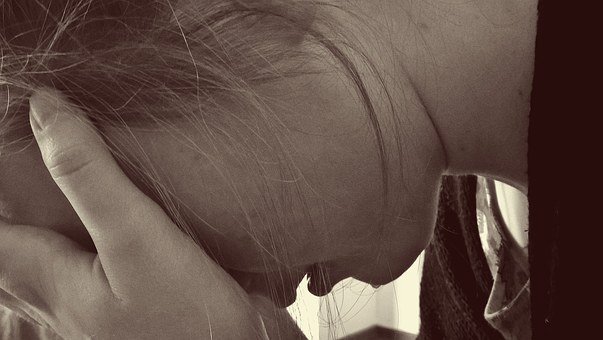Several alternative treatments are available to help reduce symptoms of depression.
Depression affects more than 18 million adults in the United States each year, according to the National Institute of Mental Health. Many people find that prescription medications typically used to treat depression can come with a wide variety of side effects, including nausea, sleeplessness and irritability. Depression sufferers can use alternatives to reduce their symptoms without dealing with unpleasant side effects.
St. John's Wort
St. John's wort (Hypericum perforatum) has been used for decades to treat mild to moderate depression. A study published in the August 1996 edition of the British Medical Journal reviewed trials on the use of St. John's wort and concluded that it was an effective alternative to prescription drugs. This herb has also been shown to lessen the effects of seasonal affective disorder. The medical community generally agrees that St. John's wort should not be used for severe cases of depression. Less than 2.5 percent of study participants have exhibited side effects such as nausea and upset stomach from using St. John's wort, according to Carolyn DeMarco, M.D., a holistic medicine consultant in British Columbia. Effective supplements should contain at least 0.3 percent hyperacin, the mood-enhancing chemical in St. John's wort, in each capsule or dose.
Ginkgo Biloba
Ginkgo biloba, commonly known as a memory-enhancing herb, also can aid people with depression symptoms that are resistant to other treatments. It can take up to 12 weeks for users to fully benefit from ginkgo biloba. In very few participants, this herb has had side effects, with headaches, upset stomach and dizziness most common reported, according to DeMarco. Choose a supplement that contains 24 percent ginkgo flavone glycosides or greater.
Light Therapy
Light treatment has been effective for people with seasonal depression. Exposure to the sun stimulates the body's production of melatonin, which helps regulate the mood. People with depression can use light therapy naturally by keeping curtains and blinds open during the day. Natural lighting can produce 500 to 800 lux of full spectrum light. Lux is a standard measure of light intensity per square meter. Artificial full spectrum lighting can help increase the effects of light therapy by increasing a room's light to up to 10,000 lux.
Kava Kava
Kava kava grows in Fiji, Hawaii and parts of Australia. This plant has been used to treat both depression and anxiety.
Supplements should be made up of between 30 and 70 percent kava lactones (the mood-enhancing ingredient in kava kava), DeMarco says, although there are many supplements on the market that only contain 10 percent. Kava kava can help induce feelings of calm and reduce depression symptoms. This plant may cause drowsiness though, so it is important not to operate a vehicle or perform another dangerous task until you have become accustomed to its effects.
References
"Prescription for Nutritional Healing;" James F. Balch, M.D.
National Institute of Mental Health: The Numbers Matter - Mental Disorders in America
Consumer Health: Depression, Anxiety and A.D.D
